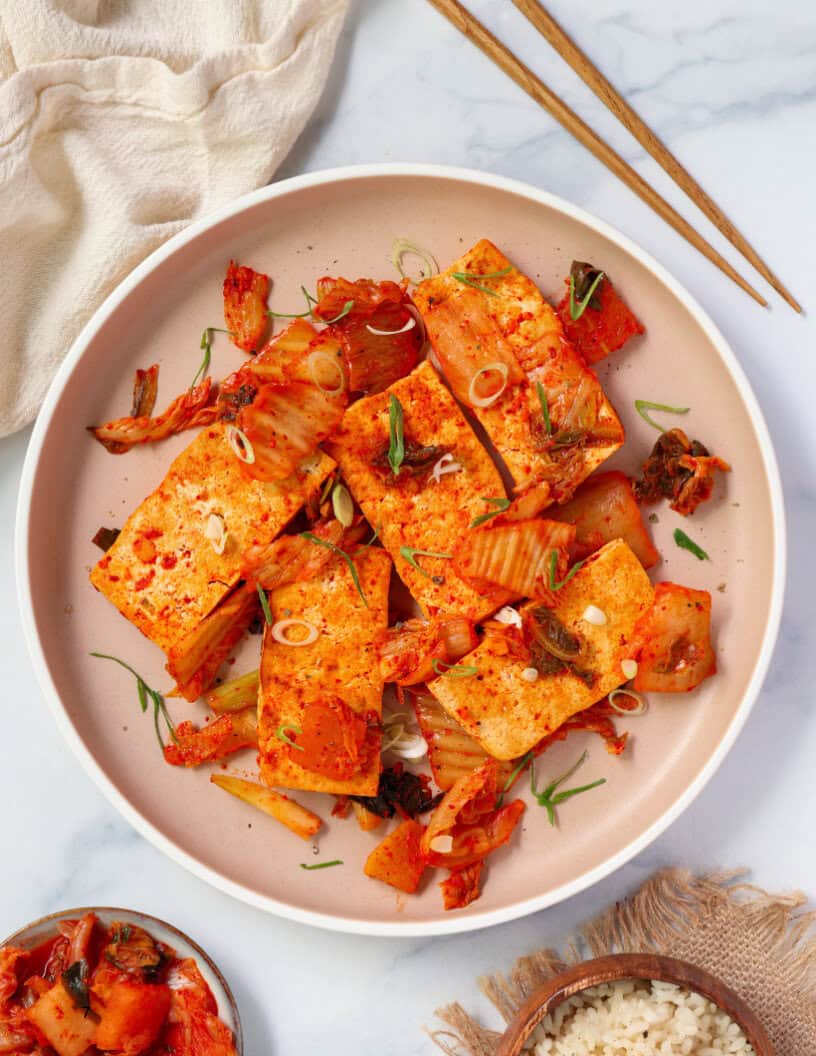Last week, the JDRF asked three black women to share their stories on Instagram.
While the gesture was one of goodwill and acknowledging their lack of diversity and inclusion for so long, it went very wrong.
Comments underneath the posts turned racist. They bashed and shamed the women and invalidated their experiences.
Initially, JRDF posted a blanket statement about empathy toward other experiences.
Then, they closed comments altogether, with a major outcry.
Then, they turned the comments on and directly addressed the insensitivity.
It made me realize that brands and organizations may not know how to be good allies yet.
There is nothing wrong with asking people to share their stories and experiences.
But being a good ally means also recognizing how that situation might go wrong, and what to do to protect already marginalized people.
I work with brands all the time.
I pick and choose my partners carefully, and I work with people who will help me shape my story in the way that’s most important to me.
If you see it on my feed, it means the brand is kind and gracious. They understand how I like to tell a story, and they let me tell it my way.
I’ve turned down gigs because they wanted to take me out of the experience and just put the product in my hand for my audience to see.
I’ve said no because I wasn’t going to be paid what I was worth.
I’ve declined because my own personal insight was replaced with bullet points with things that I would never say.
Those companies weren’t allies. They didn’t want my audience and me, they just wanted the ad space.
That’s not allyship, or partnership.
I came up with a list of things that I thought diabetes brands (and all brands) could do to be good allies to the Black women and men they ask to share their stories.
Your work should take health disparities into account
Health disparities are prevalent in communities of color. If you're a diabetes org that's ignoring this, you're ignoring a big fat red flag. By ignoring health disparities, it's easy to exclude communities who deeply feel the effects.
Commit to defending the people you ask to share their story
In the case of JDRF, silence, and then letting the comments run wild without a word was the wrong approach.
These women were attacked and told that their stories didn't mean something. They were told that their care had nothing to do with their race.
Their experiences were invalidated for an entire weekend while people stood behind them, but the organization didn't.
If you're going to ask people to share their story, make sure the goodwill of inclusion, includes the goodwill to back them up and call out racism if you see it.
Don't delete - acknowledge
It's natural to want to suppress the bad comments, but we shouldn't. It's a teaching moment.
People don't always believe that racism exists. They also might not see how often black women get attacked and dismissed.
It can be as subtle as "well that happens to, everyone!" or "get a better doctor!"
Yes, those conversations are painful, but they're necessary.
You're never going to get strangers on the internet to change their minds when they dig in their heels, but you can show what it looks like to be an ally, stand up, and defend people who are marginalized.
Make diversity a part of your strategy - not just during Black History Month or on Juneteenth
Do not tokenize Black people.
Don't ask us to just participate in Black History Month or Juneteenth. Black voices should be a part of your long-term strategy. It should be top of mind and weaved through your stories.
All kinds of people have diabetes. And all of those people need to see the faces and stories that they can see themselves in.
If you represent all people with diabetes, represent all people with diabetes.
Ask your influencers who else you can work with?
We are all interconnected. Don't just stop at asking Black folks if they want to work with you, extend the hand and ask who else you can work with?
Who do we recommend? Who is great to work with? Who has a unique perspective? Extend your network by asking the right questions.
Don't ask for free labor
Don't ask for free work. Advocacy takes time. It's emotional to talk about diabetes. Compensate advocates for their time.
Don't just ask us about being Black
Blackness is not our only source of expertise - it's just one part of our experience. Ask us about the other things that make diabetes unique to us. Don't just stick us on a diversity panel and call it a day (although, we have lots to say!).
Know you aren't going to do everything right. It's a learning process.
Allyship is an evolving path. Diabetes organizations haven't historically been inclusive, and it's okay that you're changing. But realize that you may not do everything right.
You may stumble, you may handle things inappropriately, but keep doing better.
Keep asking questions. Keep practicing inclusion, and keep learning.
Let criticism be your guide, and learn from your mistakes to do better for people who are marginalized.
This isn’t easy. It’s also new for brands who are reckoning with their lack of inclusivity.
But, if it’s going to change, we have to accept that we’re facing difficult moments on the road to making it better.





















One Response
Hi Mila, thank you for your thoughtful commentary. You made a number of valid points that hopefully many will take to heart.
Thank you also for your recipes! I’m a T1d who is constantly searching for tasty food recipes.
Stay healthy!